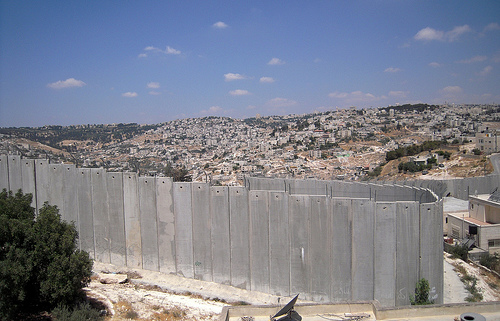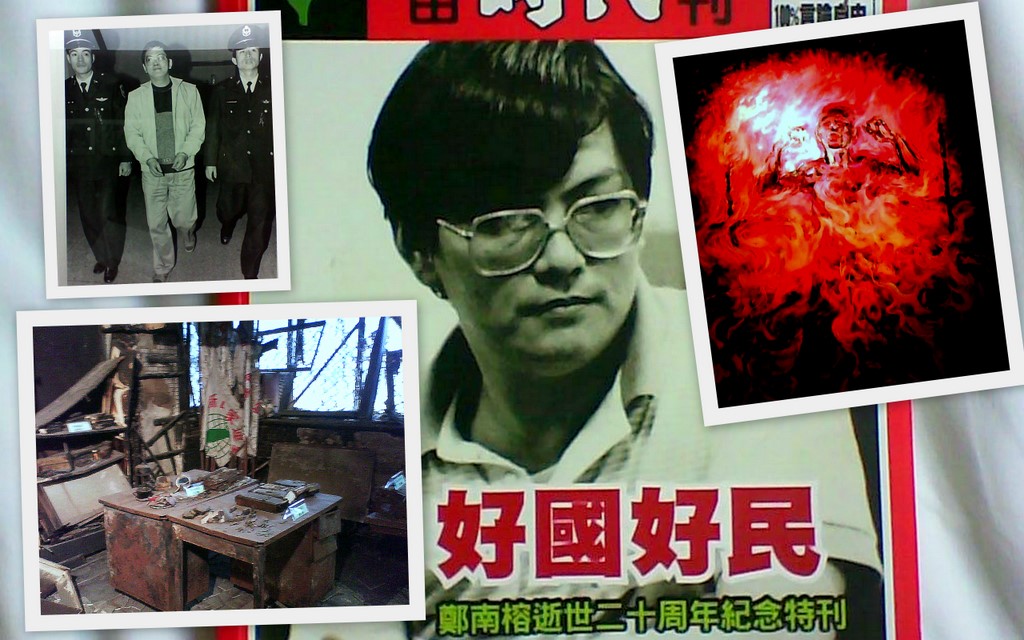Colombia: ‘historic’ high court ruling on Amazon
In a decision being hailed as "historic," Colombia's Supreme Court of Jutsice ruled in favor of a group of 25 young people and children who brought suit against the state to demand it take measures to assure their right to inherit a healthy environment. They asserted that their future food security and access to water is threatened by continued deforestation in the Amazon and other ecological degradation. In its ruling, the court also noted Colombia's responsibilities on a global level to halt deforestation, as carbon dioxide releases from forest loss contribute to the greenhouse effect. The youth in the case were represented by lawyers from Colombia's Environmental Justice Network. (Photo: Contagio Radio)




